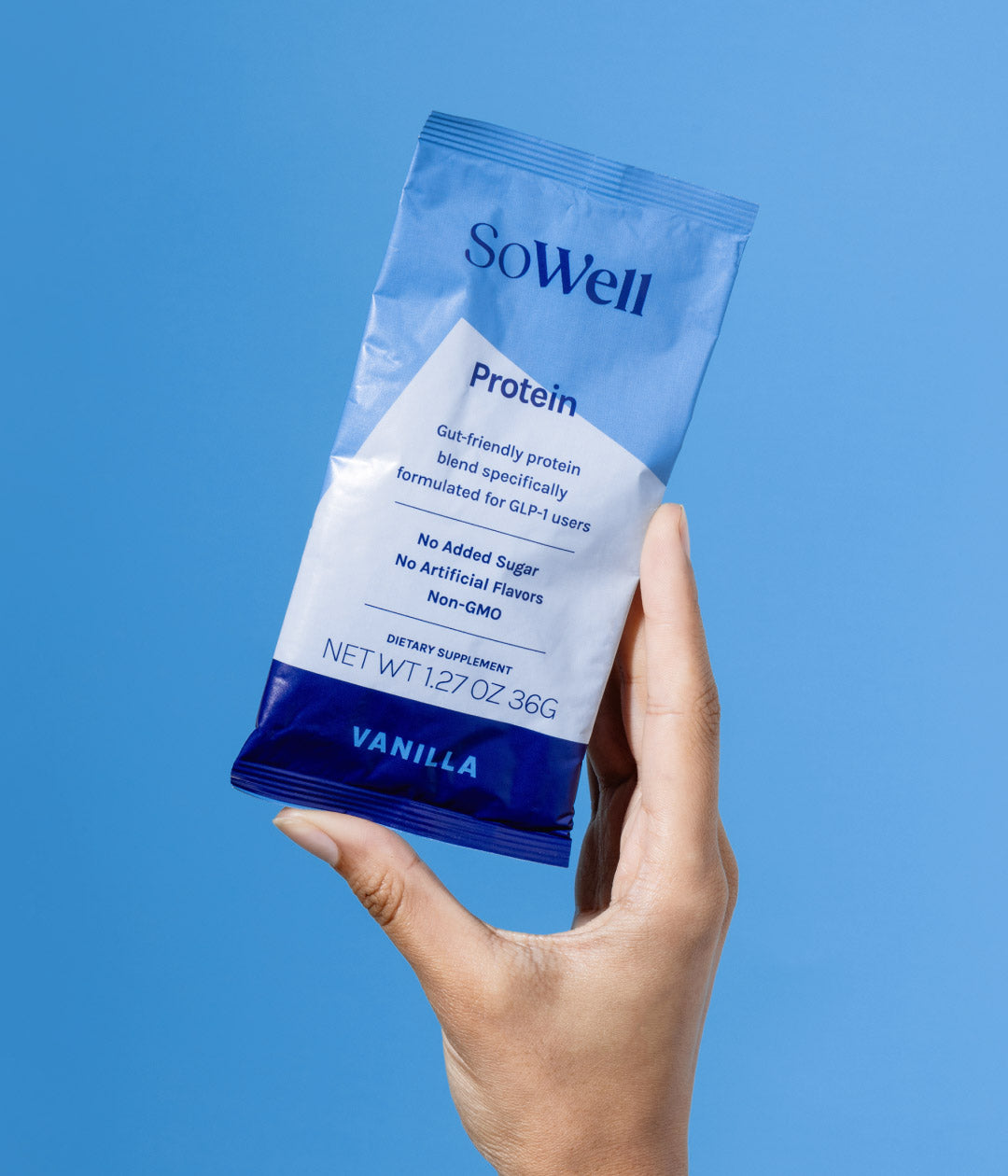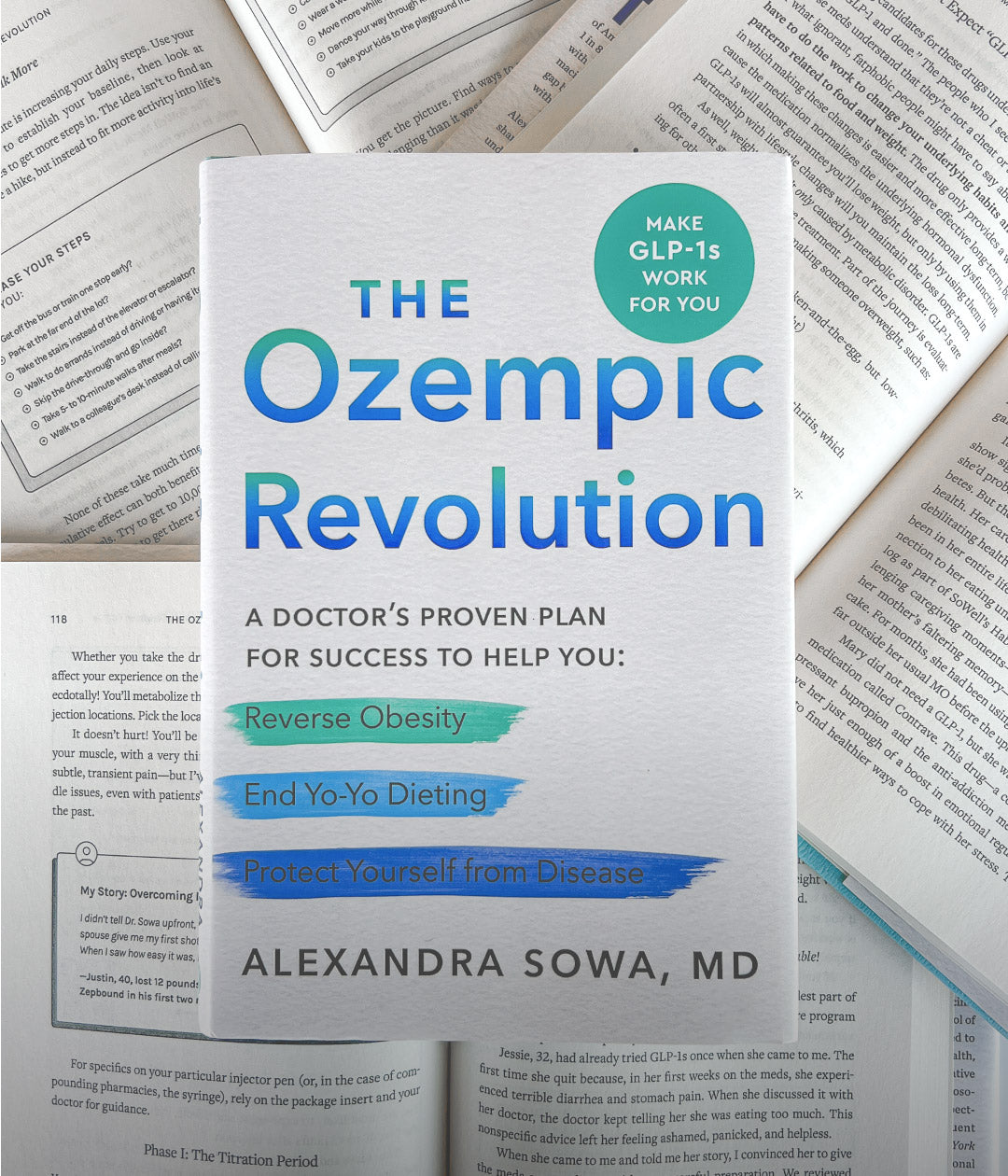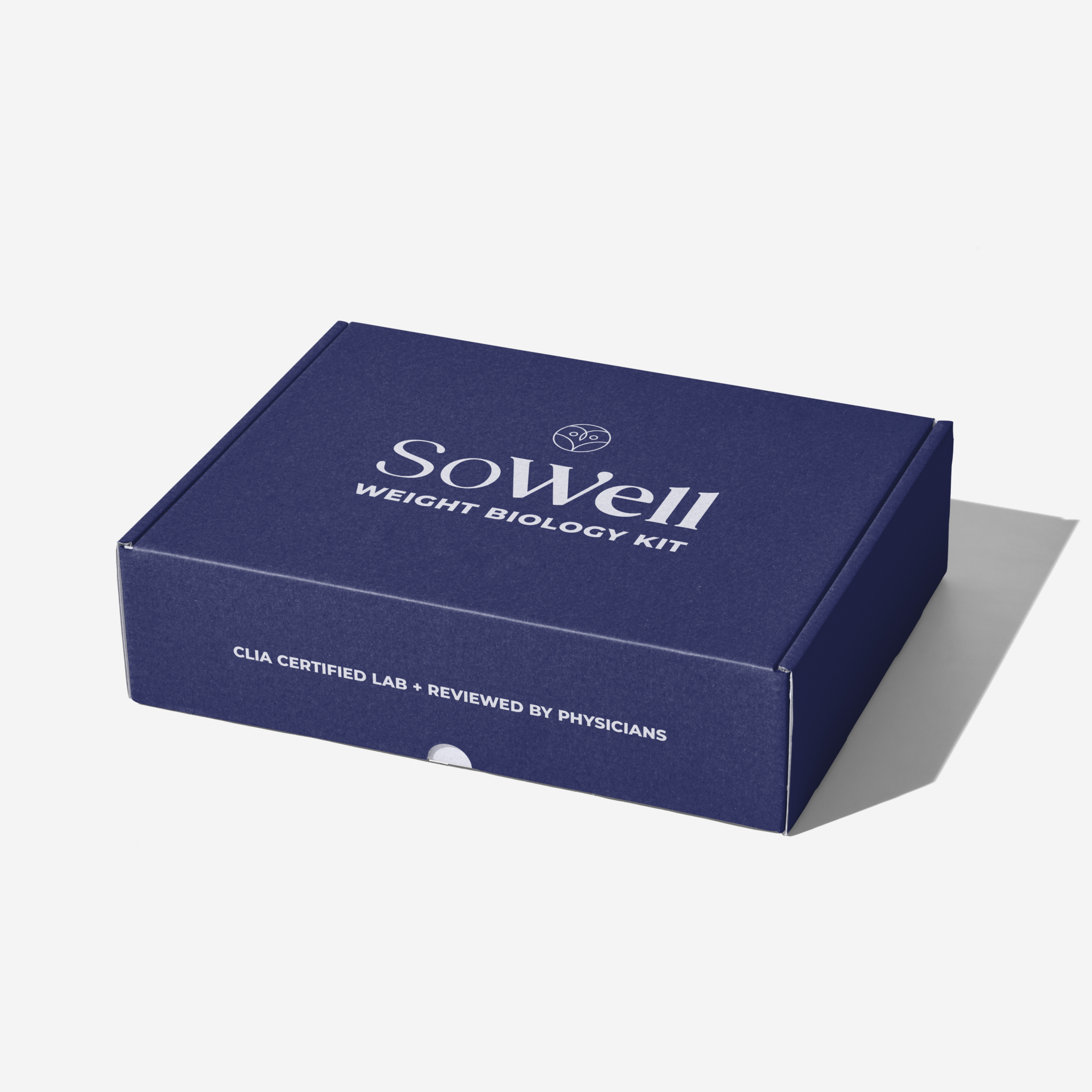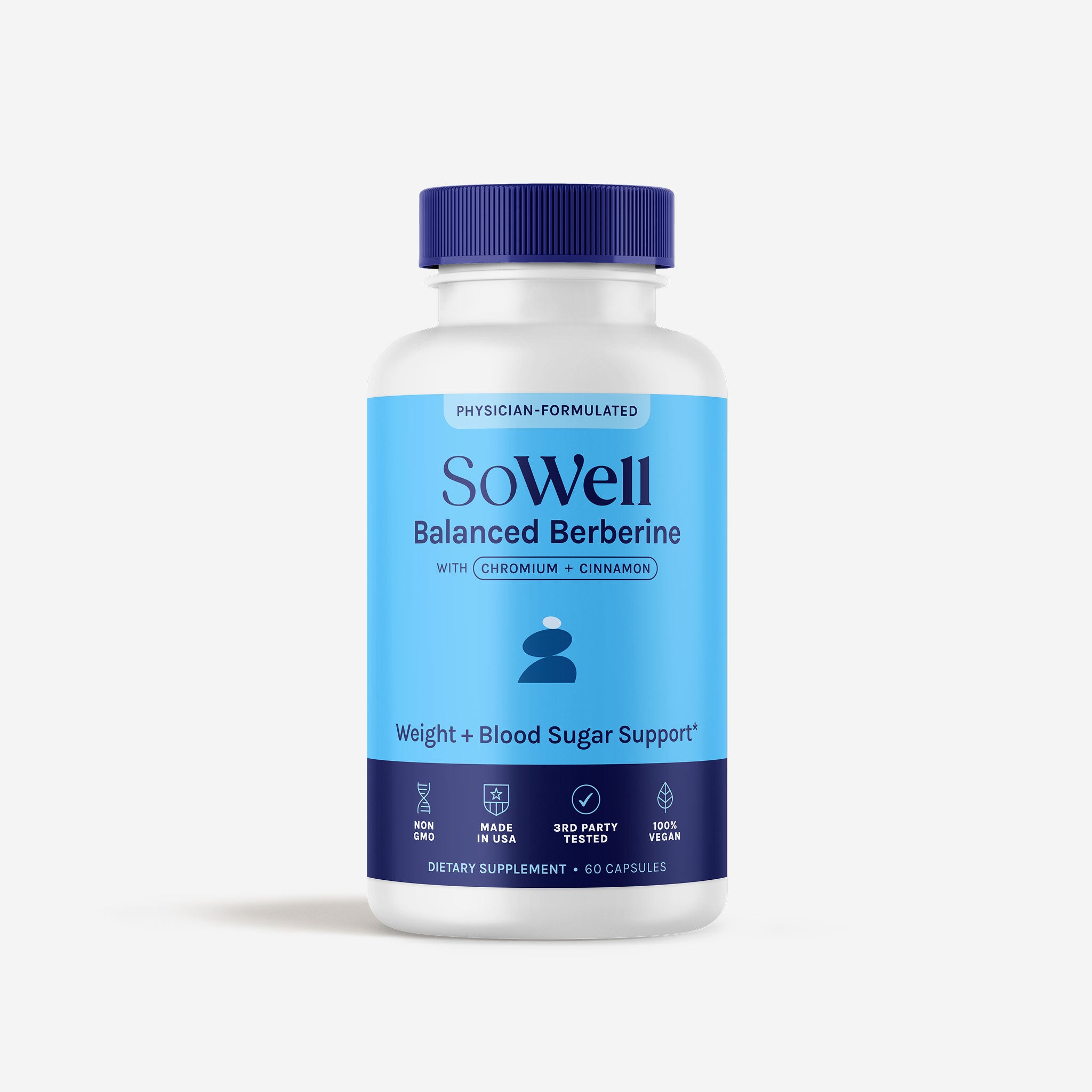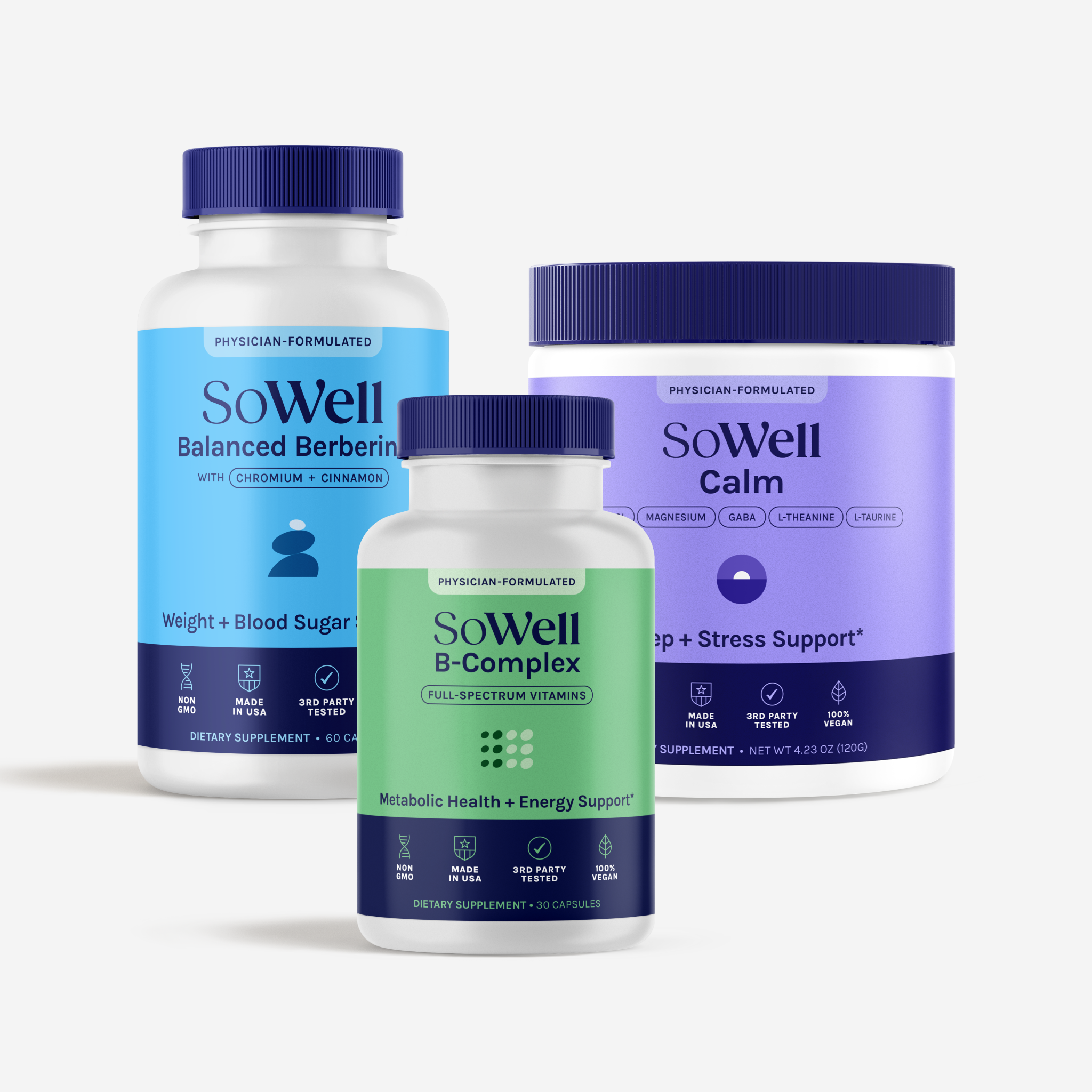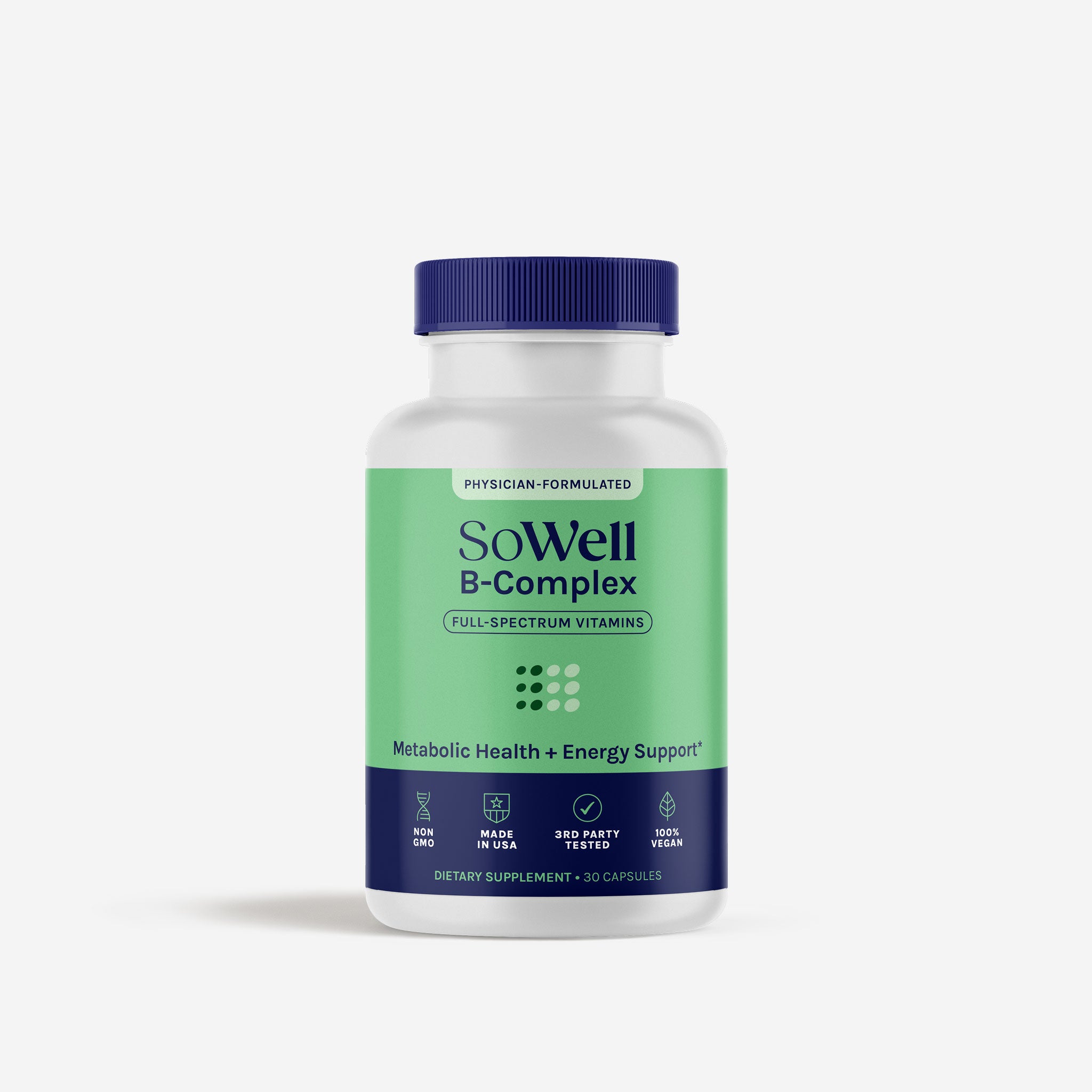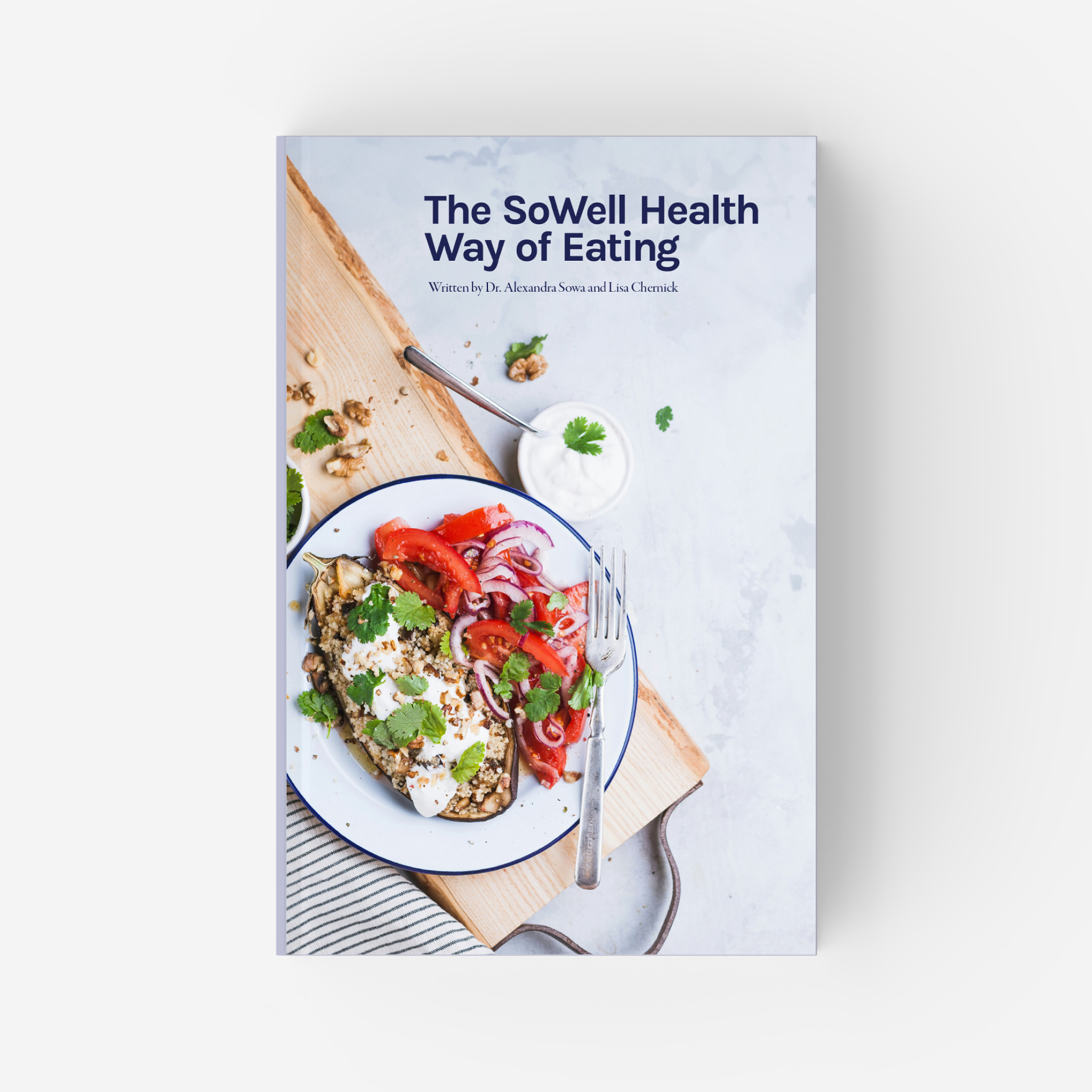
|
Quick links:
|
In the United States, over 46% of Americans medically qualify to receive life-changing weight loss medications. So why do only 2% receive them?
Even though more doctors are prescribing GLP-1 meds than ever—and telehealth practices are making GLP-1 drugs more accessible—the high price tag still stands in the way for many Americans who want and need these medications.
As of 2024, the most effective FDA-approved medication for weight loss is Zepbound, which costs $1,060 for a 28-day supply without insurance or manufacturer discounts. Over the course of a year, that means someone would spend over $13,000 at the pharmacy alone. This price range is not doable for most, which is one reason why injectable GLP-1s have gotten the reputation of being the “weight loss drug for the rich and famous,” leaving the rest of us crossing our fingers for insurance coverage.
Here’s how to find out if your insurance company will cover the cost—and if not, what you can do.
1: Understand Your Deductible
A medical deductible is the amount of money you are responsible for paying before your health insurance starts paying for your medical expenses.
For example, if your health insurance plan has a $1,000 deductible, you must pay the first $1,000 of your medical expenses out of your pocket before your insurance company starts to cover any costs for the year. Once you’ve met your deductible, your insurance plan will typically cover a percentage of your medical expenses through year-end, with the remainder being your responsibility to pay.
It’s important to note that not all medical expenses count toward your deductible. Some health insurance plans have separate deductibles for medical services and prescription medications. Even if you have already met your deductible for medical services, you may still have to pay the full cost of your medications until you reach your prescription drug deductible. It’s always a good idea to review your insurance plan documents and contact your insurance company directly to understand which medical expenses count towards your deductible and which don’t.
Long story short, keep in mind that even if your prescription is considered covered by your plan, you will likely still have to pay the entire cost of the prescription until you reach your deductible!
2: Ask About Specific Medications
You can save yourself a lot of struggle, time, and money by asking your insurance company in advance about their coverage of weight loss medications.
In order to find out if the medication you want is covered under your specific plan, contact your insurance company’s customer service department and ask if weight loss medication is listed as a covered benefit. Be sure to have your policy number and any other relevant information handy!
Here’s a list of common weight loss medications you can ask about:
- Zepbound
- Wegovy
- Saxenda
- Ozempic
- Contrave
- Qsymia
You may also want to ask if there are any restrictions or requirements for coverage, such as a doctor’s pre-authorization or a history of unsuccessful weight loss attempts.
It’s also a good idea to clarify what you’re responsible for when it comes to prescription copays or coinsurance. Ask about how these costs associated with weight loss medication apply to your specific policy!
If you receive information over the phone, follow up in writing to confirm what you were told. This can help ensure that you have a record of your conversation and any information provided.
3: Talk to Your Doctor
When you come to your appointment to discuss weight loss medication with your doctor, share everything you learned about your insurance coverage and any concerns about the cost of medication so they can help write you the best prescription.
Once your doctor has the full picture of both your health and your insurance coverage, they’ll be more equipped to work with you to prescribe a medication that works for your budget and goals.
Even if your prep work with the insurance company made it seem impossible to get your medication covered, depending on any other conditions, like metabolic dysfunction or PCOS, your doctor may be able to appeal to your insurance company for coverage. So don’t give up until after your doctor has tried to get your medication prescribed!
What If Insurance Won’t Cover It?
In the worst-case scenario, your insurance company may not cover your medication, or your high deductible makes it too expensive to obtain a GLP-1. However, there are avenues for more affordable medication coverage.
Your doctor may choose to write you a prescription for a more affordable prescription like Metformin, or you can find coupons from GoodRX or directly from the drug manufacturers. For example, through the end of 2024, you can apply for a Zepbound savings card, which can bring the medication’s cost down to as low as $25.
If brand-name prescriptions are too expensive or inaccessible, some people choose to get a prescription for tirzepatide or semaglutide at a compounding pharmacy for a lower price. Because compounded medications are not FDA-regulated, going this route does have some inherent risks. Always make sure you’re working with your doctor and getting medications from a trustworthy pharmacy!
If you simply cannot afford weight loss medication at all, don’t give up hope. The right supplements and food changes for your biology can also help you unlock your weight loss and health goals. And since the landscape of these drugs is changing all the time, there is a good chance that they will become more affordable soon. Fingers crossed!
